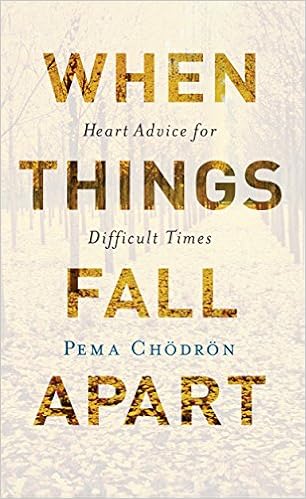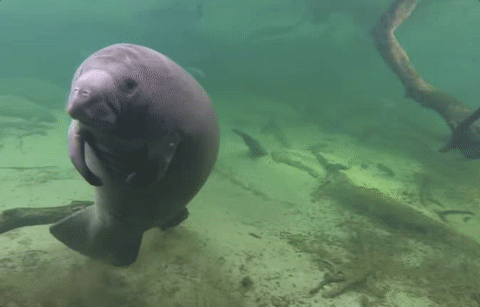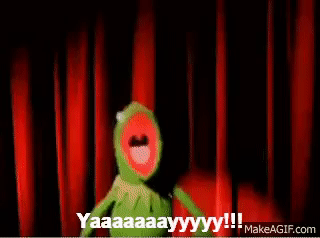It seems overly cynical to say that life is about suffering, and yet, haven't we all suffered in life? Granted, some suffer more than others, but I think that suffering is a universal aspect of the human condition. We don't deserve to suffer, and still, we suffer.
I think that just as suffering is a universal aspect of the human condition, so is hope. Some (many) of us may be lifelong cynics who expect nothing but the worst in any particular situation, but even the most hardcore cynic among us feels that little spark of hope. We can't help it. I'll be the first to admit that my cynicism is tainted by a deep underlying hope that I'm wrong for being cynical.
The Venerable Pema Chodron says that:
"The first noble truth of the Buddha is that when we feel suffering, it doesn't mean that something is wrong [. . .] Suffering is part of life, and we don't have to feel it's happening because we personally made the wrong move. In reality, however, when we feel suffering, we think that something is wrong. As long as we're addicted to hope, we feel that we can tone our experience down or liven it up or change it somehow, and we continue to suffer a lot" (Chodron 39; emphasis original).When I think of suffering and hope, I think of my own tendencies to run away from suffering. It is so easy to believe that suffering reveals the true nature of life, the universe, and everything.
Suffering is a universal truth.
How depressing is that? I hate to think about life this way, even as I've suffered particularly difficult trials in the past six months. The Venerable Pema Chodron says,
"Hope and fear come from feeling that we lack something; they come from a sense of poverty [. . .] We hold on to hope, and hope robs us of the present moment. We feel that someone else knows what's going on, but that there's something missing in us, and therefore something is lacking in our world" (Chodron 40).
Chodron describes hope in such a negative way here, and I can't get behind that. To hold onto hope is to acknowledge that there is something missing, something wrong. Even if it is more in line with Buddhist teachings to abandon hope and accept that which is lacking in life, this feels counter-intuitive. Hope keeps us striving for a goal of some kind. I've mentioned before that I am not good at letting go of control. While I have felt a deep connection with the teachings in this book, here is where I struggle.
I struggle, and I hope.
I suffer, and I hope.
I hurt, and I hope.
Hope is painful, but the simple fact is that without hope, there is only suffering. I cannot suffer without feeling the respite of hope, no matter how far-fetched or unlikely that hope might be.
I cannot take that medication that makes me vomit without hoping that it is working valiantly and violently against my cancer.
I cannot suffer the pain in the hole in my skull without hoping that it means it is healing appropriately.
I cannot be poked and prodded, tested and scanned, examined and stared at, without hoping that someday, eventually, someone will find a cure for my incurable cancer before this takes me.
I breathe, and I hope.










